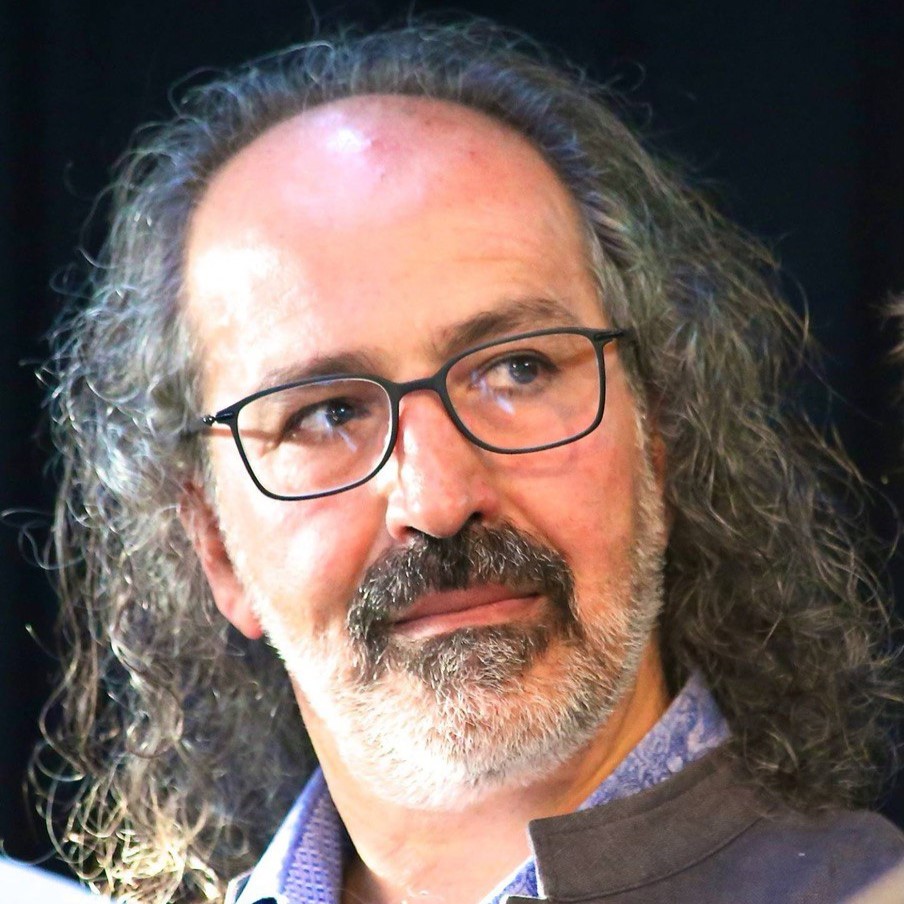The Elahé Omidyar Mir-Djalali Institute of Iranian Studies
The Elahé Omidyar Mir-Djalali Institute of Iranian Studies provides a transdisciplinary hub for scholars, students and supporters to collaborate in the study, preservation and celebration of Iranian history and culture. We represent faculty and students across the University of Toronto’s three campuses who study Iranian history, literature, languages, and arts from multiple perspectives.
Thanks to a generous endowment from the Roshan Cultural Heritage Institute, the Institute — named after Dr. Elahé Omidyar Mir-Djalali — has already started building community at the University of Toronto and beyond, raising awareness of Iranian Studies throughout both the scholarly community and among the general public. Our regular speaker series engages scholars and citizens around the world in important discussions on topics both current and historical. Our fellowships support scholars at all stages to continue their important studies. We are also focused on raising awareness about course offerings across departments at the University of Toronto, and in connecting the community of scholars in our discipline through our directory.
The Roshan Cultural Heritage Institute (RCHI) is a private foundation that sponsors activities and programs with a primary focus on the preservation, transmission and instruction of Persian culture. RCHI supports partnerships with many non-profit organizations and institutions that share its goals.
We are also grateful to our namesake, Dr. Elahé Omidyar Mir-Djalali, for the endowment that makes our exciting new work possible here at the University of Toronto, and we look forward to further collaboration.

Mohamad Tavakoli-Targhi, the Inaugural Director of the Elahé Omidyar Mir-Djalali Institute of Iranian Studies, is Professor of Historical Studies, History, and Near and Middle Eastern Civilizations at the University of Toronto. He was the founding Chair of the Department of Historical Studies at the University of Toronto-Mississauga (2004-07) and has served as President of the International Society for Iranian Studies (2008-10). In addition to serving as Editor-in-Chief of Comparative Studies of South Asia, Africa and the Middle East (2001-2012), a Duke University Press journal, he was the Editor of Iran Nameh (2011-2015). He is currently the Editor-in-Chief of Iran Namag, a bilingual quarterly of Iranian Studies, and is the co-editor of the Iranian Studies book series published by Routledge. Tavakoli is the author of Refashioning Iran: Orientalism, Occidentalism and Historiography (Palgrave, 2001) and Tajaddud-i Bumi [Vernacular Modernity] (Nashr-i Tarikh, 2003). Together with providing critical introductions in Persian, he has edited the volumes Civilizational Wisdom: Selected Works of Ehsan Yarshater (Toronto: Iran Namaeh Books, 2015); Jahangir Amuzgar: Selected Economic Essays (Toronto: Iran Nameh Books, 2015); and Ayin-i Danishjuyan: The First University of Tehran Student Journal (Toronto: Iran Nameh Books, 2016). Additionally, he is the Editor-in-Chief of the Cinema & Women Poets Iranica: Digital Research Compendia. Tavakoli has published numerous historiographical articles in English and Persian on the topics of Iranian modernity, matriarchal nationalism, biopolitics, rights governmentality, and clerico-engineering. He is currently completing a monograph, Pathologizing Iran, which explores the emergence of modern diagnostic historical narratives and prognostic conceptions of politics. Tavakoli-Targhi is the recipient of two Outstanding Teacher awards from Illinois State University (1996 and 2001) and has held visiting fellowships at St. Antony’s College, Oxford University (1998), the Center for Historical Studies, Jawaharlal Nehru University (New Delhi, 1992–93); and Harvard University (1991–92). He holds a BA in Political Science and an MA in History from the University of Iowa, and a Ph.D. in History from the University of Chicago.